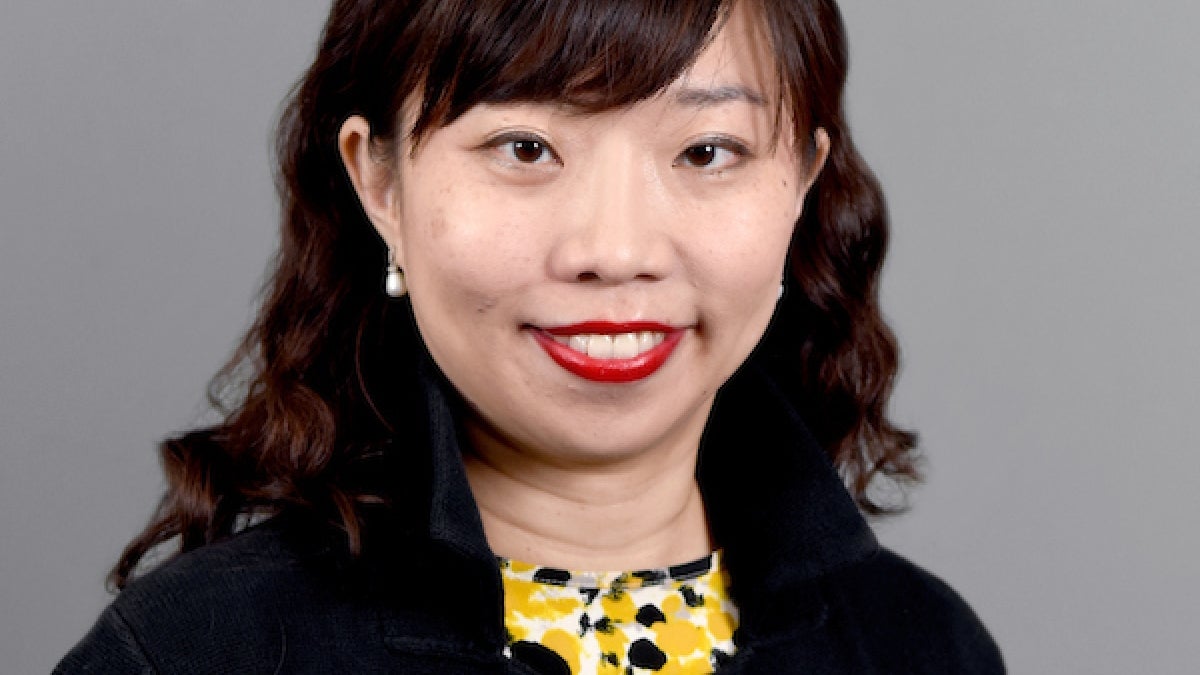Communication research receives university seed funding to study the 'internet of things'

Professor Pauline Cheong studies communication technologies and culture.
The Institute for Social Science Research at Arizona State University has awarded seed-grant money to Professor Pauline Hope Cheong at the Hugh Downs School of Human Communication to advance research on how individuals and populations communicate on and with internet-enabled devices.
Cheong, who studies communication technologies and culture, will serve as principal investigator on an interdisciplinary study in the new skills and digital literacies that we need to function in the age of the "internet of things." Professor Karen Mossberger of the School of Public Affairs in the Watts College of Public Service and Community Solutions is the co-principal investigator on the project.
Cheong explained that internet use today is no longer restricted just to our computers, tablets or smartphones: It's present in the applications, devices and sensors in our cars, homes and neighborhoods — it's even in our microchipped selves.
“Thus, the internet of things refers to the ecosystem of computing devices embedded in everyday objects that collect, interact and exchange data,” Cheong said.
Results of the study will inform how we understand new mediated communication practices, and how public policy and technology design can accommodate a diversity of actors and goals and can decrease risks, particularly for populations that are economically and socially vulnerable or excluded.
Cheong says that the growth of “big data” and these connected devices multiplies risks for data breaches, hacking and other cyber threats.
“Additionally, decision-making, problem solving and strategic skills — deciding on potential benefits and risks, and when and how to use a technology — are greatly increased with the privacy and security concerns raised by (the internet of things).”
“What does this mean for the human capacities and communication skills needed to function in this era of hyperconnectivity?” said Cheong.
More Science and technology

ASU researchers engineer product that minimizes pavement damage in extreme weather
Arizona State University researchers have developed a product that prevents asphalt from softening in extreme heat and becoming…

New study finds the American dream is dying in big cities
Cities have long been celebrated as places of economic growth and social mobility, but new research suggests that their role in…

Ancient sea creatures offer fresh insights into cancer
Sponges are among the oldest animals on Earth, dating back at least 600 million years. Comprising thousands of species, some with…